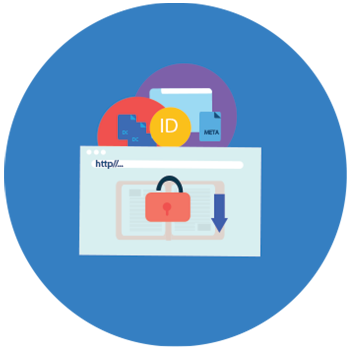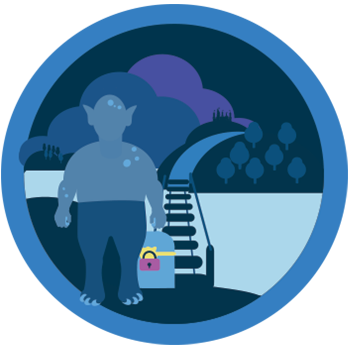The tale
The elf Agon came back to the castle, looking like she had just seen a dragon with four heads.
– “I need a cat from the kingdom of Stiodor, a rope, a herring and a bulb horn”, she said.
– “Excuse me,” the data wizard replied. “Why do you need these things? Are you going to combat a Codun dragon?”
– “No”, the elf replied. “Heavens no! I followed an untrodden path to get hold of a specific chest. Suddenly, a Gryrvos goblin was standing right there in front of the chest commanding me to swing a cat in a rope, while eating a herring and stepping on a bulb horn. Otherwise would not be allowed to pass the bridge to get the chest”.
– “Hmmm”, said the wizard. “I really don’t think we have time for that. I can get you a rope, a herring and a bulb horn, but the cat …. Does it have to be from Stiodor? Besides from being very rare, they are extremely expensive.”
– “I know”, said Agon. “But without it, the goblin won’t let me pass the bridge. No Stiodor cat, no passing.”
– “I don’t think we can get a cat from Stiodor. And certainly not, if we tell them what we intend to do with it”, replied the wizard somewhat vexed. “You must go and look for another chest, and hopefully we will be able to do without this one.
The truth
A protocol is the technical term for the standard of how data are transported via a network, e.g. the internet. TCP/IP is an example of an open, free and universally implementable protocol that is used as protocol for most of the internet. This means that anyone can use it without having to pay usage fees. If you choose a protocol with restrictions on usage, you might prevent other people from accessing to your (meta)data, thus making it hard – or even impossible – to use the data you have published. If you use a trusted repository for data publication, the repository will make sure that you are in line with this principle.

